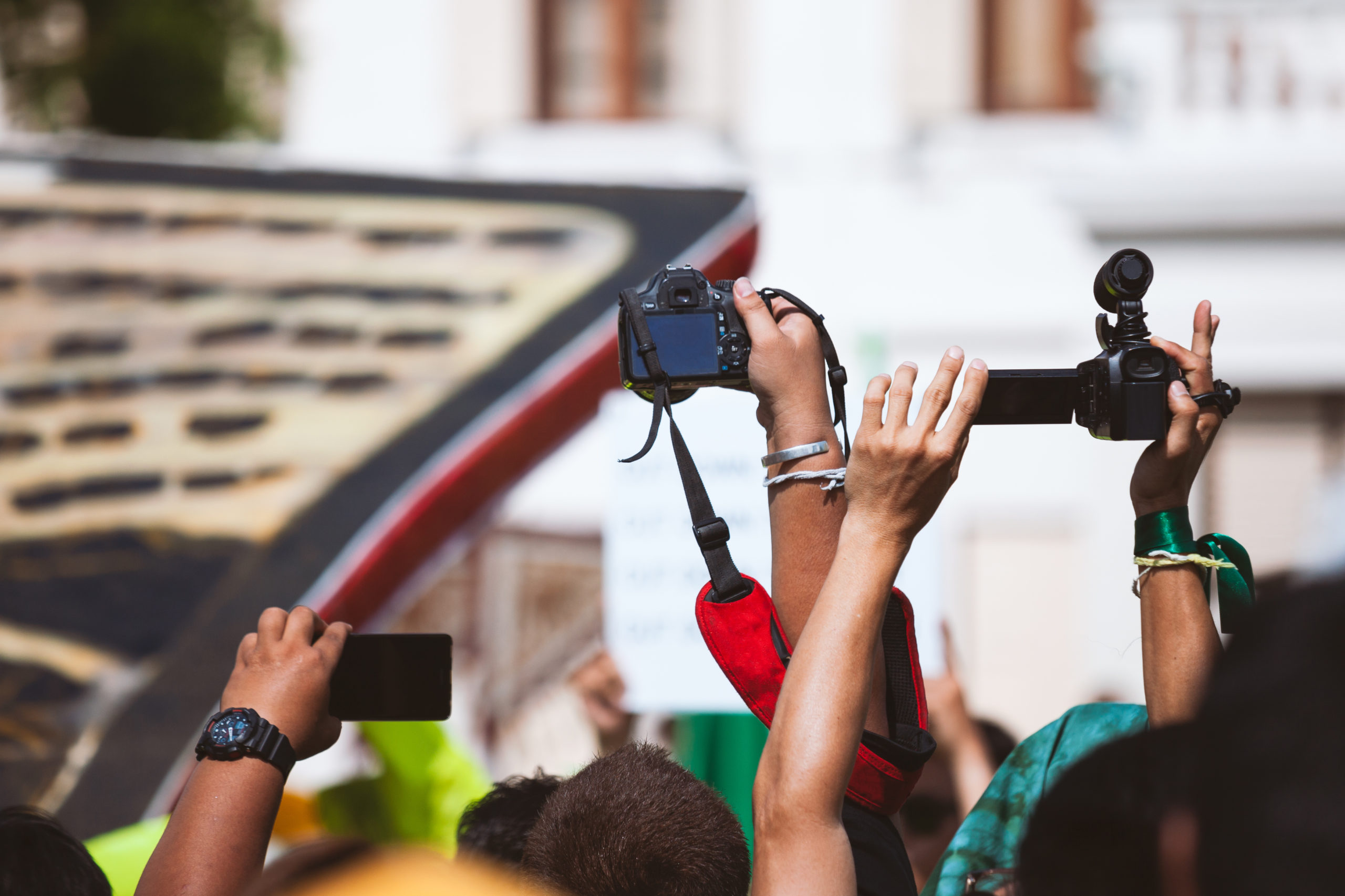With the rise of YouTube and social media networks, people’s lives can now be put on display without their knowledge or consent. And that can certainly be a consideration if you’re battling an addiction. As several overdose survivors explained in a new article on The Hamilton Spectator, some of their worst moments became “viral” videos thanks to passers by who filmed their public incidents. The question then becomes: How can you move past that?
One particular example came from addiction survivor Kelmae Hemphill, who struggled with a heroin dependency for over 11 years. At her worst moment she overdosed on a populated New Jersey road, much to the shock of onlookers. Not surprisingly, multiple people whipped out their cell phone cameras and the next thing you know, she was all over YouTube.
Now Hemphill is 11 months sober, but she is still constantly linked to that harrowing footage.
“Whenever you Google my name in now, that’s the first thing that pops up,” Hemphill explained. “It’s an overdose video.”
The shame from that moment spread to Hemphill’s entire network of family and friends. Sadly, even her preteen daughter has seen the clip and been teased about it by fellow classmates.
And according to the article, the scope of these videos go much farther than that. Thanks to police officer body cams, overdose videos are turning up on a daily basis.
“Raw, uncensored images of drug users passed out with needles in their arms and babies in the back seats of their cars is now a regular occurrence,” the Hamilton Spec authors wrote. “These videos rack up millions of views and unleash avalanches of outrage.”
There has also been concern about depression and suicidal tendencies after being in a viral addiction video. Many other former addicts interviewed for the piece revealed that they have been publicly shamed and humiliated after people saw their clips.
“I see it, and I’m like, I was a piece of freaking [expletive],” another anonymous video star told the site. “”I know what I did, and I can’t change it. I live with that guilt every single day.”
Despite it all, others have tried to use their YouTube “fame” as a catalyst to make a change. Even Hemphill admitted that her video became a turning point in her life, forcing her to look in the mirror and begin the recovery process.
“Ultimately if that video never happened, I probably would have never went to treatment at all,” Hemphill concluded.







